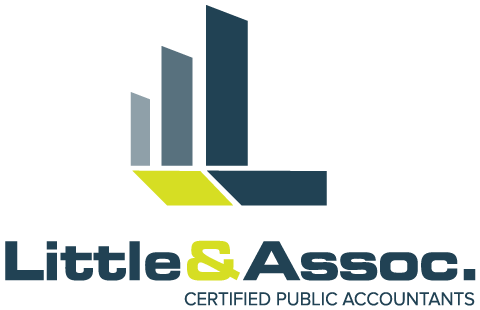6 Common Pitfalls in HUD Compliance: Understanding the Challenges of Section 221(d)(4) and Section 8 Programs
Navigating compliance under your regulatory agreement and the HUD Consolidated Audit Guide can be complex, especially for projects financed or insured under Section 221(d)(4) and Section 8 programs. These programs carry unique requirements that, if misunderstood or overlooked, can lead to findings, questioned costs, or even repayment obligations. Below are some of the most common pitfalls CPA firms encounter during HUD audits.
1 - Weak Internal Controls Over Tenant Eligibility and Rent Calculations
For both Section 221(d)(4) projects and Section 8 properties, tenant eligibility and rent calculation accuracy are crucial. Inadequate review of income verification, failure to apply HUD’s annual income limits, or missing third-party documentation can all lead to compliance findings. Establishing strong internal control processes and regular file reviews is essential to maintaining compliance.
2 - Improper Handling of Replacement Reserves and Escrow Accounts
HUD requires restricted accounts—such as replacement reserves, residual receipts, and escrow funds—to be used only for approved purposes. Common issues include unauthorized withdrawals, failure to obtain HUD approval before use, and late deposits. Proper segregation of funds and ongoing reconciliation are key to avoiding audit findings.
3 - Unallowed Distributions to Owners
HUD imposes strict limits on when and how owners may take distributions from project operations. Under your Regulatory Agreement, distributions are permitted only after all required deposits to reserve and escrow accounts have been made and only from surplus cash. Common violations include, using project funds for personal expenses, or withdrawing more than the allowable amount. Such actions can trigger repayment obligations and HUD enforcement actions. Maintaining accurate surplus cash calculations and adhering strictly to distribution provisions are critical to staying compliant.
4 - Mishandling of Tenant Security Deposits
HUD regulations require strict segregation and control over tenant security deposits to protect both residents and project owners. Security deposits must be maintained in a separate, federally insured bank account, clearly identified as the tenant security deposit account. The cash balance in this account must always equal or exceed the total tenant security deposit liability recorded on the project’s books. Common pitfalls include commingling these funds with operating cash, failing to perform monthly reconciliations, or not transferring accrued interest to tenants as required. Additionally, improper application of security deposits at move-out—such as using them for non-allowable charges—can lead to audit findings and repayment obligations. Consistent reconciliation, detailed recordkeeping, and adherence to HUD Handbook 4350.3 guidance are essential to maintaining compliance and safeguarding tenant funds.
5 - Noncompliance with Reporting Deadlines
HUD requires audited financial statements to be submitted via the FASSUB system within 90 days of fiscal year-end. Many multifamily entities miss this deadline due to incomplete documentation or lack of communication between management and auditors. Timely coordination and maintaining audit-readiness throughout the year can prevent these compliance headaches.
6 - Failure to Stay Current with HUD Updates
HUD frequently updates its handbooks, notices, and compliance guidance. Entities relying on outdated information—especially those under long-term Section 221(d)(4) financing—risk noncompliance with revised requirements. Regular consultation with a CPA firm familiar with HUD programs ensures management stays informed and prepared.
Final Thoughts
HUD compliance is detail-oriented and highly technical. Whether managing a new construction under Section 221(d)(4) or administering a Section 8 property, maintaining accurate records, segregating restricted funds, and staying current with HUD guidance are essential. Engaging an experienced CPA firm can help navigate the audit process smoothly and ensure continued eligibility for HUD support.
At Little & Associates, LLC, we specialize in audit engagements for properties that are juggling LIHTC along with HUD-insured financing. Give us a call to see if we can help.
